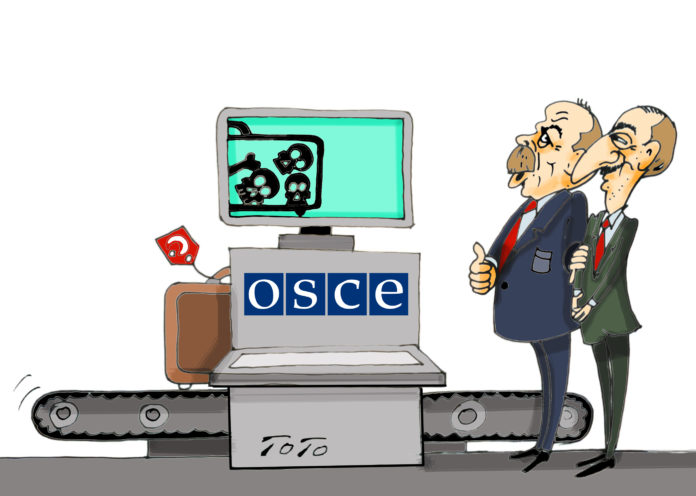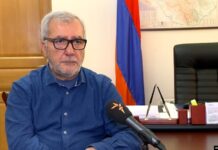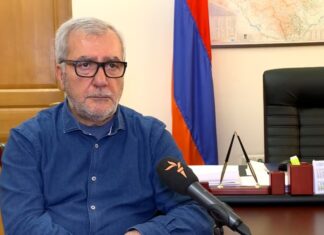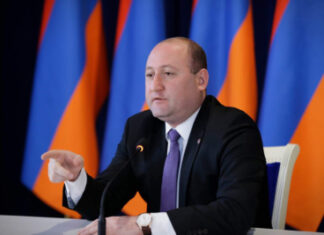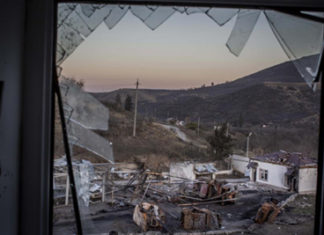One of the first tasks of US Secretary of State Anthony Blinken has been to contact the chairperson-in-office of the Organization for Security and Cooperation in Europe (OSCE), Sweden’s Foreign Minister Ann Linde, to reactivate the group to resume tackling its residual agenda items, which include developments in Ukraine, Belarus and the Caucasus.
All these issues have one country in common: Russia.
President Biden has already called President Vladimir Putin of Russia, discussing a reset between the two countries.
From all appearances, it looks like the conversation had a sour end, since President Biden had touched on the incarceration of opposition leader Alexei Navalny.
In the meantime, a French Foreign Ministry delegation has visited Armenia and Azerbaijan twice, offering economic aid to both countries and helping launch projects in the region.
By precipitating a war between Armenia and Azerbaijan, Turkey and Russia pushed forward their own agendas, settling their forces in the region, particularly in Azerbaijan, where both countries had no earlier presence.



